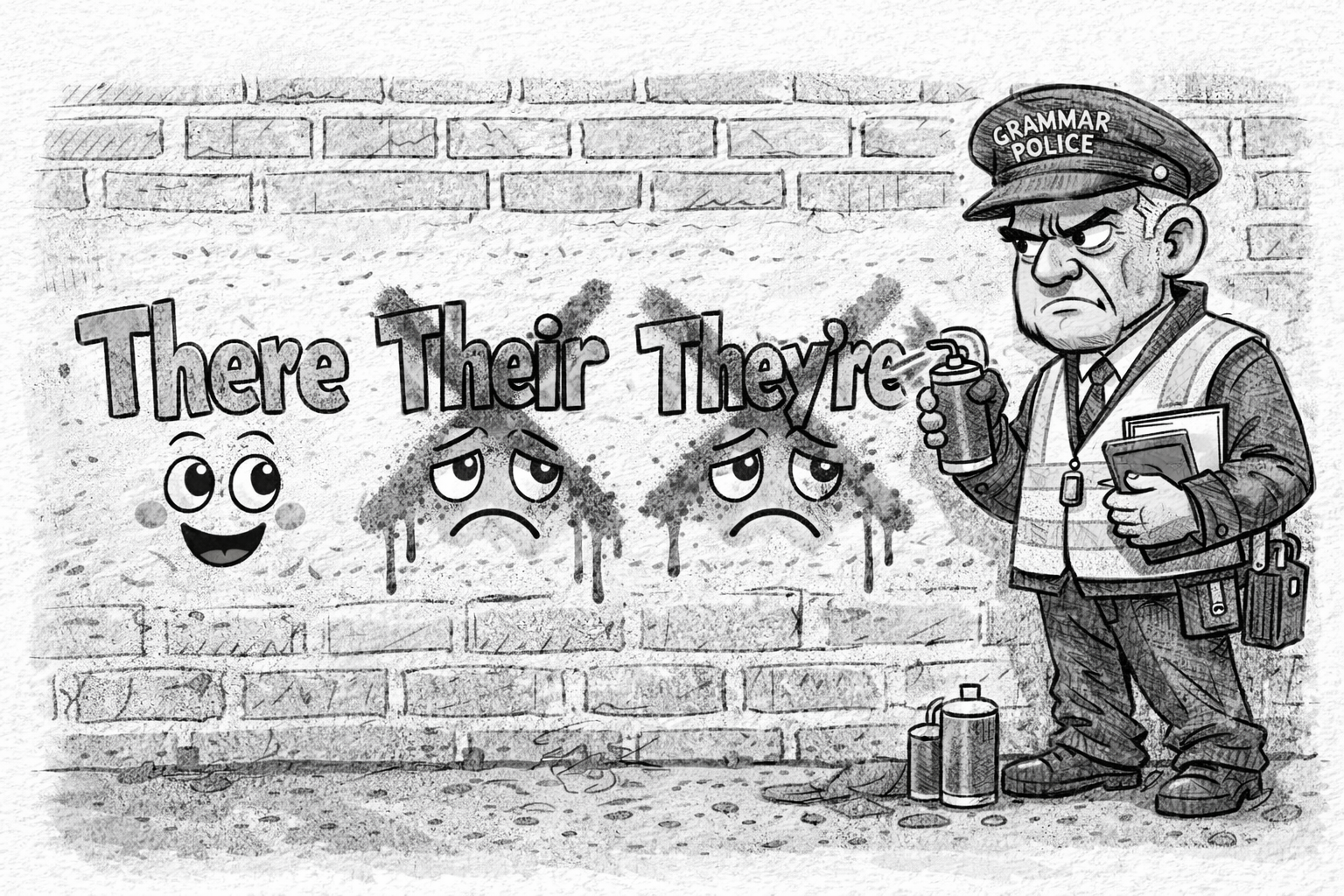Themes and Symbolism in Frankenstein
Mary Shelley's "Frankenstein," first published in 1818, is a seminal work in the Gothic and science fiction genres. Beyond its gripping narrative and haunting atmosphere, the novel is rich with psychological themes and symbolism that explore the depths of human experience, identity, and emotion. This article delves into the psychological dimensions of "Frankenstein," examining key themes and symbols that contribute to its enduring relevance.
The Psychology of Creation and Responsibility
Promethean Ambition
Victor Frankenstein's quest to create life reflects the Promethean ambition to transcend human limitations. This theme symbolizes the psychological drive for mastery and control, often at the expense of ethical considerations. Victor's relentless pursuit of knowledge and power ultimately leads to his downfall, highlighting the dangers of hubris and unchecked ambition.
The Burden of Responsibility
Victor's creation of the Creature brings with it profound moral and psychological responsibilities that he fails to acknowledge. The Creature's suffering and violence can be seen as manifestations of Victor's neglect and abandonment. This theme underscores the psychological impact of responsibility and the consequences of failing to fulfill it, as explored by scholars like George Levine (1973) in his analysis of the novel's ethical dimensions.
Identity and Otherness
The Monster as the "Other"
The Creature in "Frankenstein" is a powerful symbol of the "Other," representing those who are marginalized and dehumanized by society. His physical appearance leads to his rejection and isolation, which in turn fuels his resentment and desire for vengeance. This dynamic reflects the psychological impact of social ostracism and the struggle for identity and acceptance.
Duality of Human Nature
The novel explores the duality of human nature through the characters of Victor and the Creature. Victor's outward appearance as a respected scientist contrasts with his inner moral corruption and irresponsibility. Conversely, the Creature's monstrous exterior belies his initially innocent and compassionate nature. This duality symbolizes the psychological conflict between the facade and the true self, a theme extensively analyzed by critics like Harold Bloom (1987).
Parental Influence and Childhood Trauma
Victor's Parental Failure
Victor's failure to take responsibility for his creation can be interpreted as a metaphor for parental neglect. His rejection of the Creature parallels the psychological trauma experienced by children who are abandoned or abused by their parents. This theme is crucial in understanding the Creature's development and his subsequent actions, as discussed by Mary K. Patterson Thornburg (1997).
The Creature's Search for Belonging
The Creature's quest for understanding and companionship highlights the fundamental psychological need for connection and belonging. His repeated rejections by humans exacerbate his sense of isolation and drive him to violence. This reflects the profound impact of social and familial bonds on psychological well-being.
The Role of Nature and Isolation
The Sublime and Emotional States
Nature in "Frankenstein" often mirrors the emotional states of the characters. The sublime landscapes, from the Swiss Alps to the Arctic wastes, symbolize both the beauty and terror of the natural world. These settings reflect Victor's internal turmoil and the Creature's existential angst, illustrating the psychological interplay between the environment and the individual's emotional state.
Isolation and Madness
Both Victor and the Creature experience profound isolation, which leads to psychological deterioration. Victor's obsessive secrecy and withdrawal from society contribute to his mental instability, while the Creature's enforced solitude fosters his growing hatred and despair. This theme highlights the detrimental effects of isolation on mental health, as explored in depth by scholars like Anne K. Mellor (1988).
Symbolism in Frankenstein
Light and Fire
Light and fire in "Frankenstein" symbolize knowledge and its potential for both enlightenment and destruction. Victor's initial pursuit of scientific discovery is likened to seeking the light of knowledge, but this quest ultimately brings ruin. The Creature's use of fire reflects his dual capacity for creation and destruction, symbolizing the double-edged nature of knowledge and power.
The Arctic and Ice
The Arctic settings bookending the novel symbolize the ultimate isolation and desolation faced by both Victor and the Creature. The frozen landscapes represent the emotional and psychological coldness resulting from their respective obsessions and failures. This symbolism underscores the themes of isolation, ambition, and the consequences of hubris.
Simply Put
Mary Shelley's "Frankenstein" is a richly layered text that explores deep psychological themes and employs powerful symbolism to examine the human condition. Through its portrayal of creation and responsibility, identity and otherness, and the effects of isolation, the novel offers timeless insights into the complexities of human psychology. Understanding these elements enriches our appreciation of "Frankenstein" as not only a Gothic masterpiece but also a profound psychological exploration.
If you’ve enjoyed this article, why not check out our in depth look at The Psychology of Isolation and Alienation in Frankenstein’s Creature













